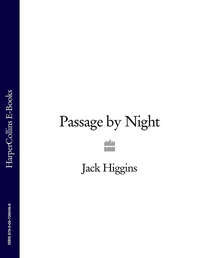The Khufra Run

Полная версия
The Khufra Run
Жанр: приключениядетективызарубежные приключениясовременная зарубежная литератураполицейские детективыкниги о приключениях
Язык: Английский
Год издания: 2018
Добавлена:
Настройки чтения
Размер шрифта
Высота строк
Поля
Конец ознакомительного фрагмента
Купить и скачать всю книгу








